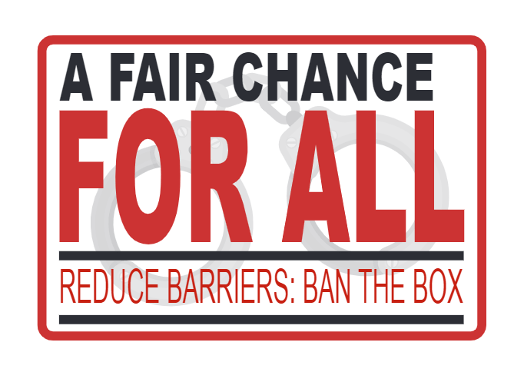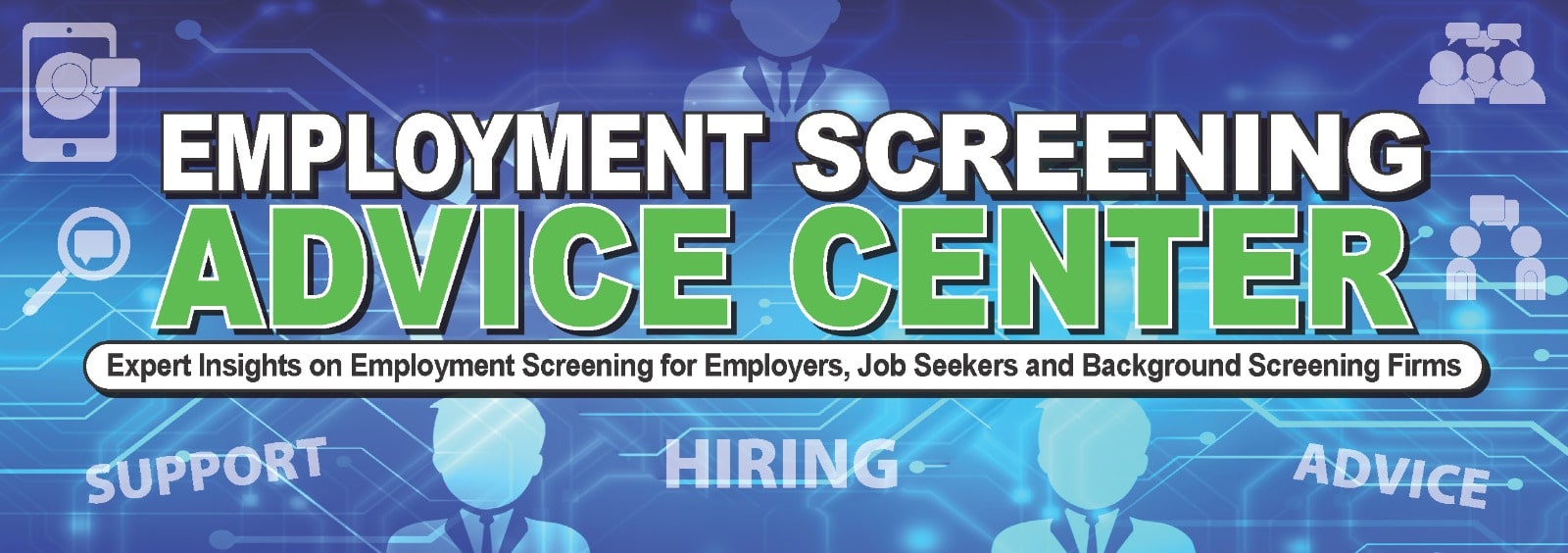
By Cornbread Hustle
Finding a job is a challenge for many of us, even in the best of times. It’s much harder if you have a criminal background.
Take heart: there are still ways to get hired, even if your past mistakes have been holding you back! Whether you’ve been clean for years or are just now returning to society after incarceration, you can take action now to reenter the workforce.
Here are a few things you can do to set yourself up for success when looking for a second-chance job:
Build a List of References
Because you have a criminal record, many employers will be hesitant to give you a shot. They’ll want some assurance that you really have changed your ways, and can be a reliable, trustworthy worker. Think of them as a “character witness” who will testify good things about you!
You can give employers confidence in you by providing them with a list of references. They’re people who will vouch for you and who are happy to tell a prospective employer why you’ll be a valued member of their team.
A good reference will be someone who knows you and can speak to your character in a positive but impartial way. (This means you should never list family members or close friends as references – they’re biased!)
Not sure where to start? Here are some people you can ask to provide you with a reference:
- Former boss or supervisor – If you did well at a previous job and left on good terms, your previous boss makes the very best reference you can ask for.
- Landlord – If you always pay your rent on time, take care of your home, and don’t cause any problems, your landlord can be an excellent reference.
- Parole officer – if you are or were on parole or probation, ask your supervising officer if they will be a reference for you. Most P.O.s will be happy to help you get hired because it means you’re much more likely to stay out of trouble.
- Clergy / spiritual adviser – If you attend a church, synagogue, mosque, or another house of worship regularly, ask if a congregation leader will sponsor you as a reference. Pastors, imams, rabbis, and other clergy are often held in high regard and may even know other people who can help you with employment.
You’ll want to provide a list of references to a prospective employer, with each person’s full name, phone number, and email address. Important: make sure you have permission from every person on your list before you use them as a reference! If someone gets a “surprise” call from an employer, it will reflect poorly on you.
What’s a Resume, Anyway?
One of the most daunting tasks for anyone seeking second-chance employment is building or rebuilding a resume.
Because you have a criminal record, it’s very likely there is a gap in your employment record. It might be that you’ve never had a job at all. In either case, you will want to be honest and forward-looking when you make a resume.
To get started, write a list of every job you had. Include the following information:
- Name of the company or employer
- City and state where you worked
- Your job title, if you had one
- One or two sentences describing your job duties and responsibilities
- The dates you started and left the job (if you can’t remember, just listing the years you worked there is OK!)
What about the years in which you were incarcerated? Most inmates are required to do some sort of work while in prison, such as kitchen duty. This absolutely counts for something, and you can include it on your resume if you wish. It’s even better if you participated in work release programs, such as agriculture or vehicle maintenance.
Talk with your references about how to describe prison work experience. Employers will see it as a positive that you were developing work and leadership skills while you were preparing to return to society.
However, don’t try to cover it up or be misleading! For example, if you were doing time in Texas, you should not list your employer as “The State of Texas” or “Texas Department of Criminal Justice.” This could confuse an employer and it is simply dishonest.
As we mentioned, you might not have any professional work history at all. If this is the case, you can still build a resume! Instead of jobs, write down places where you have volunteered, as well as any work programs you participated in while incarcerated.
Once you have your list ready, it’s time to turn it into a resume. Look online for a free resume template or builder. Here are some great resources:
- Resume Genius https://resumegenius.com/resume-templates
- Indeed https://www.indeed.com/profile/resume-templates
- NovoResume https://novoresume.com/resume-templates
- Canva https://www.canva.com/resumes/templates/
- Hloom https://www.hloom.com/resume/templates
- Resume.io https://resume.io/resume-templates
Create a Cover Letter
What do you want to do with your life? What are your goals? What have you learned from your past, and what are you doing to stay clean and out of the justice system for good?
Write all of that down. Then, talk to one of your references and ask if they can help you write a cover letter. This is a letter to a prospective employer, introducing yourself and telling them why you will be a great fit at their company.
While it can be tempting to write a “generic” cover letter for use with all employers, this is not a good practice. Instead, every cover letter should be customized and written specifically to each employer for which you are applying. You can learn more here: https://novoresume.com/career-blog/how-to-write-a-cover-letter-guide
Be Completely Honest
When applying for jobs, always be 100 percent up-front about your past. Employers value honesty and will be more likely to give you a shot if you’re transparent.
More importantly, leading with your record can save both you and a potential employer time. Some companies simply cannot or will not hire convicted felons.
When you find a job opportunity that interests you, call or email the employer right away and ask about their second-chance hiring policy, or whether they will consider hiring someone with a criminal record. Keep in mind, that some convictions are not accepted by most employers. Aggravated assault and sexual offenses are common examples that can make finding a job extra difficult.
Cast a Wide Net – But in the Right Places
Looking for a job is a little bit like fishing. If you want to catch a fish, you need a fishing rod, bait, and water with fish in it. Similarly, your job search means you need the right gear: a resume, references, and a cover letter. But you wouldn’t go fishing in a swimming pool, right? Make sure your efforts are directed in the right areas!
Instead of just applying for every job you find, carefully consider what you want to do, where you want to work when you are available for work, and which employers might be a good fit.
You can narrow the field by talking to people at your house of worship, local library, or community center. Your parole or probation officer can help, too!
A Huge Demand for Labor is in Your Favor
There has never been a better time than now to look for a job with a criminal background. Millions of Americans quit their jobs during or after the pandemic, and many did not return. Employers are more willing than ever to consider second-chance workers like you!
One way to find work quickly is through a staffing agency. At Cornbread Hustle, we cater to people with criminal records and those in recovery. All of our jobs are 100 percent background-friendly, and every job is temp-to-hire, meaning you will be offered a permanent, full-time job if you fulfill the employer’s basic requirements!
Whether you go the traditional route or come through a staffing agency like Cornbread Hustle, we promise you can and will find the right job if you follow the steps above and stay determined. Good luck!


